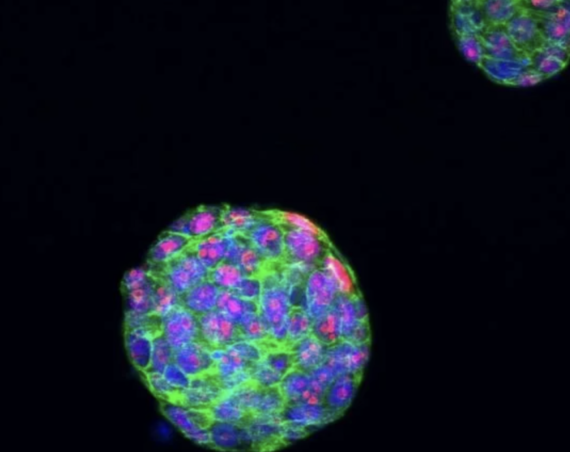
Swedish biotech Gesynta Pharma has secured SEK 304 million ($29 million) in Series B funding to advance its novel non-hormonal endometriosis treatment. The round was led by Innovestor Life Science, with participation from existing and new investors including Hadean Ventures, Industrifonden, Linc, Foreground Capital, Catalyze Capital, Stephen Industries, and Amboy Street Ventures.
The funding will support a Phase II clinical trial of vipoglanstat, a drug candidate targeting mPGES-1, an enzyme upregulated in endometriotic lesions that drives both pain and lesion progression. The upcoming European trial will evaluate approximately 190 patients over four months, testing two dose levels against placebo.
“Endometriosis forces millions of women to endure severe pain and other life-altering symptoms for years or even decades. Groundbreaking research revealing the central role of inflammation in the disease has opened promising new therapeutic pathways, bringing us closer to efficacious treatments without the side effects associated with current hormone-based therapies. Vipoglanstat represents a breakthrough in this frontier of novel non-hormonal treatment development,” said Professor Linda Giudice, MD, PhD, from the Department of Obstetrics, Gynecology and Reproductive Sciences at the University of California, San Francisco (UCSF).
“This SEK 304 million funding round marks a pivotal milestone for Gesynta Pharma, demonstrating strong international investor confidence in our approach to treating endometriosis. With these funds, we will advance vipoglanstat towards being Phase III-ready, aiming to provide patients with a disease-modifying treatment option that overcomes the efficacy and tolerability limitations of current therapies,” said Patric Stenberg, CEO of Gesynta Pharma.
The company’s drug candidate has shown promising results in preclinical studies, demonstrating marked reduction of endometriotic lesions and pain. The treatment aims to address a significant unmet need, as endometriosis affects approximately 190 million women globally, with current first-line treatments often providing inadequate relief or causing intolerable side effects.



